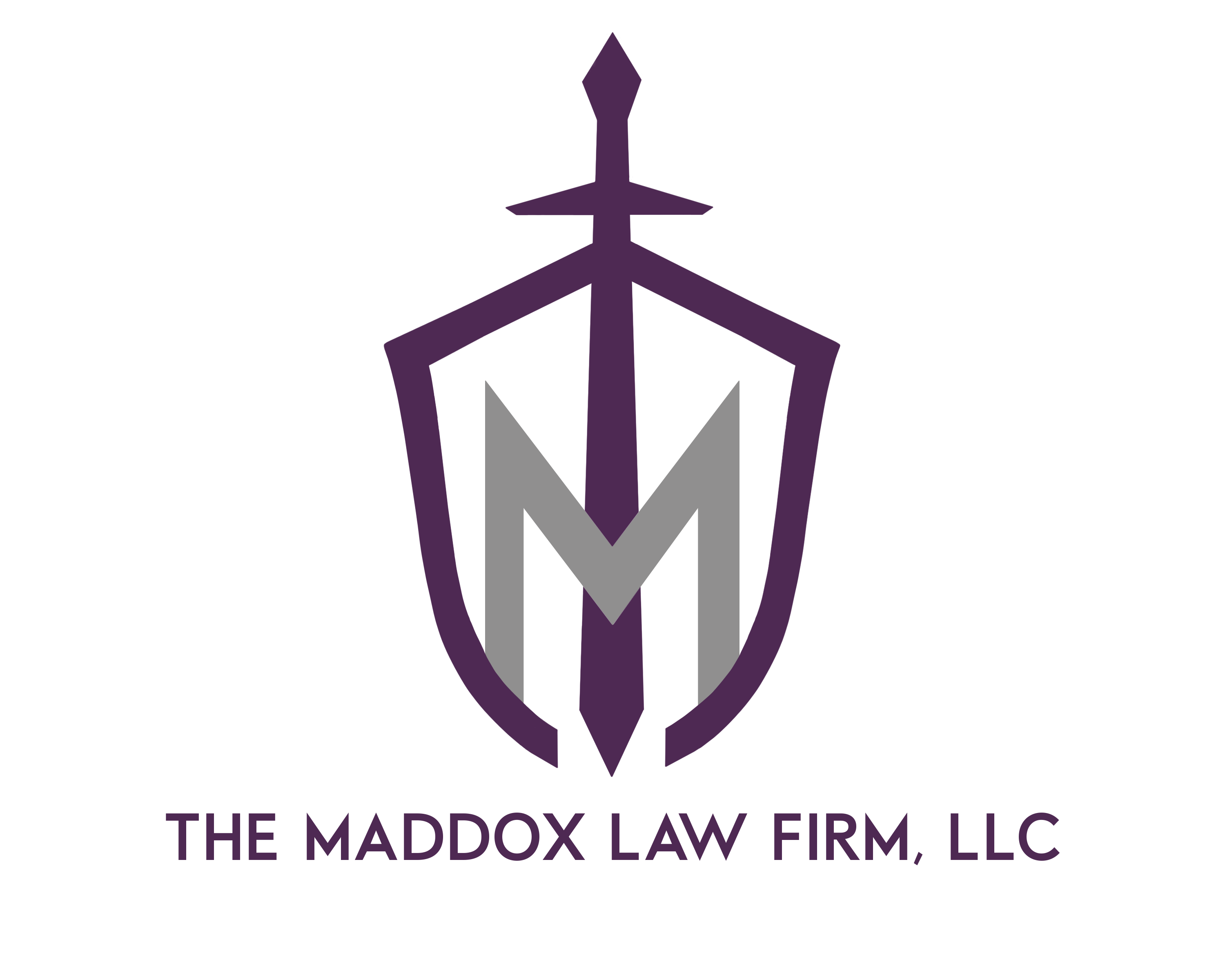Conspiracy
Conspiracy And Criminal Attempt Charges Are Serious. Our Firm Is Here To Protect Your Rights.
In Connecticut, simply agreeing with someone to commit a crime and taking any action to further the conspiracy (think of a plan) is enough to be charged with crime conspiracy. Conspiracy is an offense where preparations or actions are taken toward committing a crime, but the crime itself may still need to be completed. This is what’s known as an inchoate crime.
Criminal attempts also fall under the category of inchoate crime. The successful execution of the planned crime is not a prerequisite for being charged with an attempt. In Connecticut, an individual can be charged with an attempt or conspiracy based on their actions alone, without any formal agreement or plan. Conspiracy and attempt prosecutions are often pursued through circumstantial evidence.
Our team at The Maddox Law Firm, LLC, will fight against your conspiracy or attempt charges with unwavering determination and courage. Our criminal defense attorneys will not hesitate to confront law enforcement and prosecutors if they unjustly attempt to shift the blame to you. It is of utmost importance to act without delay, so call us at (203) 822-6610 to get started with an initial consultation.
More About Connecticut’s Conspiracy Law
Connecticut conspiracy law states that the crime of conspiracy cannot be charged or penalized without a connection to a specific criminal offense.
As described above, whether through direct or circumstantial evidence, an allegation of an overt act to further a plan to commit a crime intentionally amounts to conspiracy, but simply talking about a theory or an idea is not enough. There must be a plan to commit a crime. However, a conspiracy charge stands alone from the associated crime and carries the same penalty as that charge.
While it may appear unjust if you only discussed the plan to commit a crime and took some action towards it without committing the crime, this remains the law in Connecticut.
Seek Help Immediately If Arrested For Conspiracy Charges
If arrested for conspiracy, you and the other alleged co-conspirators may be placed in private interrogation rooms by the police. The police may try to deceive you by claiming that your alleged co-conspirators have already confessed, even if they have not done so. If the “prisoners’ dilemma” strategy fails during the police interrogation, prosecutors may resort to a similar strategy by offering favorable plea bargains to those cooperating. “Prisoners’ dilemma” is one or more detained individuals giving up their right to remain silent and incriminate themselves.
To protect yourself, you must invoke your right to a criminal defense attorney. Once you’ve done so, the police must immediately stop their interrogation.
Possible Defenses To Conspiracy Charges
The state must prove specific elements to convict you of conspiracy. These elements include an agreement between you and one or more people to commit a crime, an overt act by any defendants to further the agreement, and your specific intent to commit the crime.
Our lawyers will meticulously examine all evidence in your case, including the possibility that the person accused of the underlying crime may lie to receive a more favorable deal from prosecutors. It’s also possible that you never intended to participate in the conspiracy or withdrew before any criminal actions were taken. Our conspiracy attorneys are fully prepared to challenge any evidence law enforcement obtains.
Don’t Delay In Taking Defensive Action – Contact Us Today
Conspiracy and attempt charges are severe allegations. You can’t afford to face them alone. Instead, contact our experienced Connecticut criminal defense attorneys at The Maddox Law Firm to tell us your story and learn how we can help you. To get started, call us at (203) 822-6610 or reach out online.
Hablamos español. Nous parlons français.












